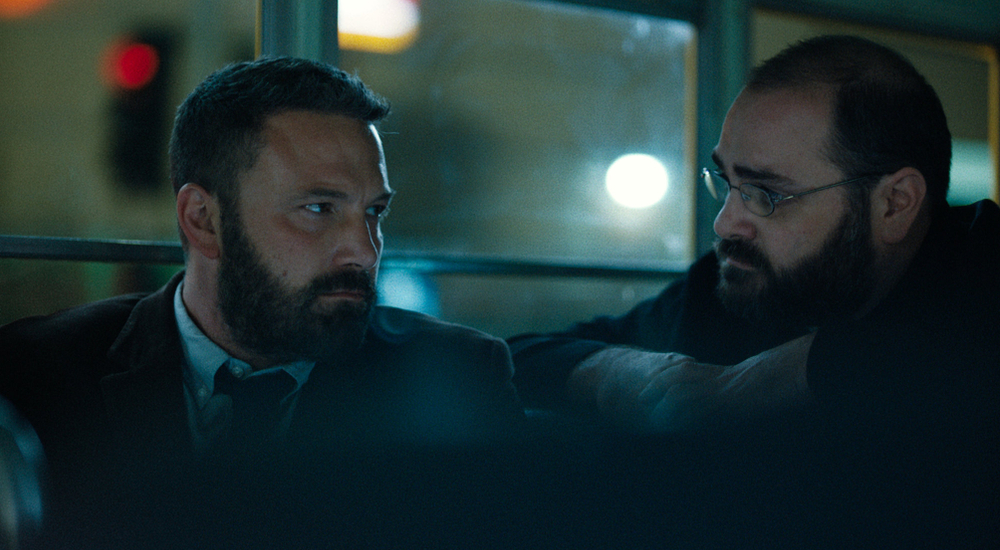There's nothing in The Way Back you haven't seen before. Part addiction drama, part inspirational sports movie, it's cliché but also something that seems increasingly rare: a simple story done well.
Ben Affleck is doing some of the best work of his career as Jack Cunningham, a former high school basketball phenom whose life is hanging on by the loosest of threads. The Way Back doles out the tragedies – some self-inflicted, some not – over the course of the film. One particularly devastating event feels manipulative, but the film slowly but surely earns the emotions it draws out.
After the coach at his alma mater has a heart attack, he's asked to step in. The team is lousy and underfunded – their archrivals, of course, have a state-of-the-art arena and an Under Armour deal – but has heart. What's so pleasurable about watching the in-game scenes and practice montages, is that Jack as a coach doesn't do anything particularly revolutionary or inspiring to improve his team. He slots players into better roles, focuses on endurance and defense, and encourages 3-pointers.
Similarly, Jack's journey to sobriety is taken one step at a time, choosing not to take the drink in front of him. When a series of setbacks send him back to the barstool and into the hospital, the film is at its rawest. A scene at a therapy session is one of the few times he's been honest with any character in the film, and it's powerful stuff.
Where the film doesn't quite succeed is in its attempts to make us care about the kids on the team. Only one character – the team captain – gets any sort of backstory, and (surprise!) it's daddy issues. With so little detail, it would have been better not to introduce this aspect at all and focus entirely on Affleck's character.
Still, the sports scenes are often electrifying, and the dramatic scenes are appropriately earnest. The Way Back is going to be a cable mainstay for years to come, and it's earned it.

